In areas where marijuana is legal, when a consumer wants a flavor or sensory experience that combines pot and coffee, there are products that physically mix these two natural ingredients. Yet marijuana apparently has the capacity to taste and even feel a bit like coffee on its own, without any actual interaction with the bean. The cannabis resource website Leafly has provided a handy guide to strains with coffee-like attributes. One example is the Chocolope:
Stress is no match for the earthy and delicious Chocolope. With sweet coffee notes imbedded in its make-up, roll up a joint with this vivid and cerebral strain for a day packed with creativity, focus, and charm.
With so many strains so carefully cultivated, coffee and cannabis share not only potential flavors but also the bedfellow of bioengineering. California-based specialty coffee breeding and production firm Frinj Coffee announced this week it has solidified its partnership with biotech company Front Range Biosciences, to which it will provide 5 million coffee plants over the next five years as it works towards the goal of making California a bona fide coffee origin. From the announcement:
Concurrently, FRB has signed a lease agreement with Eurofins BioDiagnostics, a leading testing laboratory for seed and plant health, animal agrigenomics and probiotic ID services, for a 4,346 sq. ft. facility in Gilroy, Calif.
Through its Clean Stock program, FRB will maintain Frinj Coffee’s library of unique coffee varieties and provide millions of disease-free wholesale coffee plants. The new facility, where FRB will propagate these coffee varieties, includes a 3,000 sq. ft. greenhouse, tissue culture labs, a clean room, storage, and office space. Dr. Cecilia Zapata, FRB’s Vice President of Nursery, will manage the facility.
Science is also helpful in addressing challenges in places coffee has been growing for generations, as it has been in Costa Rica. Reuters caught up this week with the grower cooperative Coopedota, which continues to try to bolster farmer income by steering production into an environmentally “zero emissions” methodology:
Now with water consumption down 80 percent and energy use 40 percent lower, it uses coffee husks instead of firewood to dry beans in cylinders, said environmental manager Adrian Cordero.
Coopedota tracks the emissions produced at each stage, from planting and fertilizing the seeds, taking the coffee cherries from the farm to be depulped, the beans dried and in some cases roasted – buying carbon credits to offset part of its impact.
Cordero said the cooperative exports about half its coffee to the United States and the rest to newer markets in Asia where people are willing to pay the higher price.
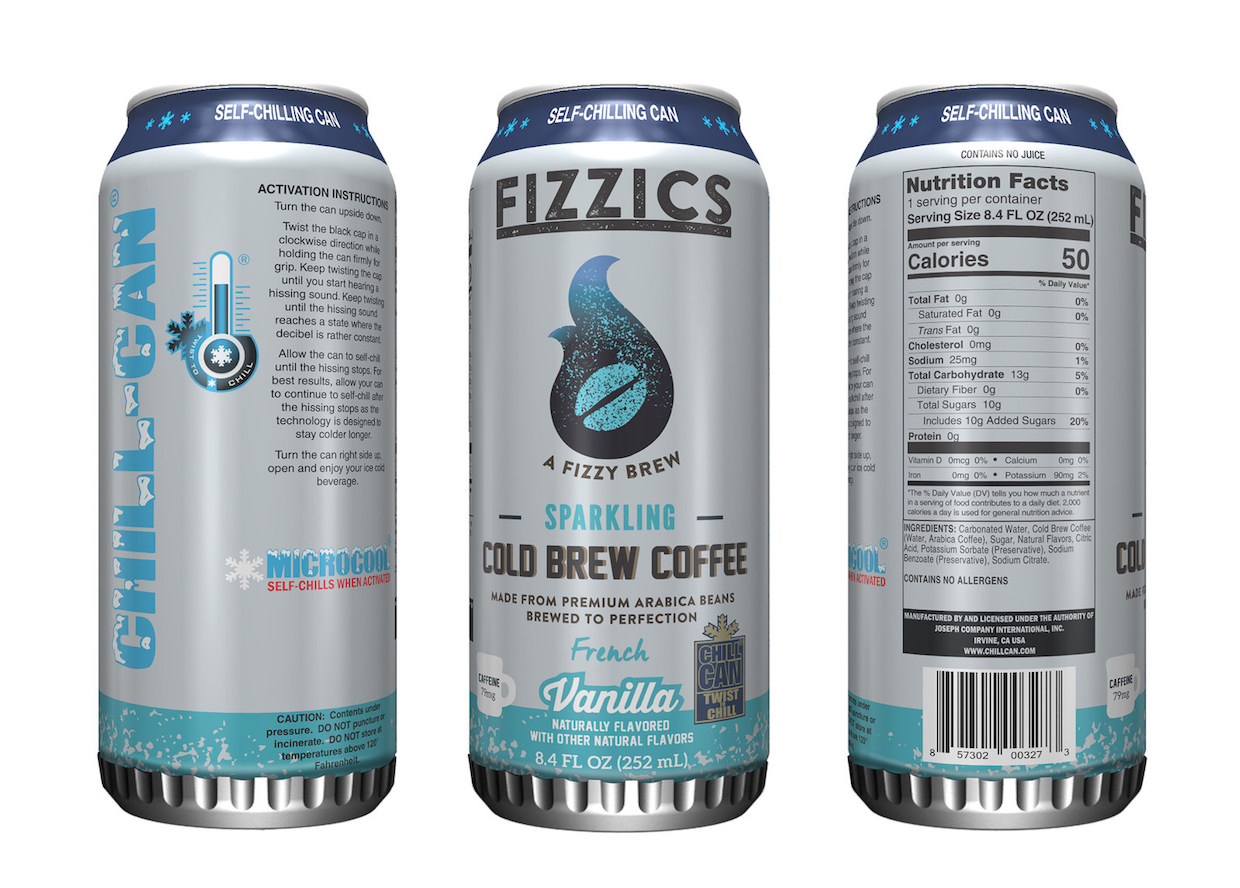
7-Eleven brings first self-chilling can to market for test launch of new Fizzicsô Sparkling Cold Brew Coffee (PRNewsfoto/7-Eleven, Inc.)
Emissions-related science is also at the core of that crazy new self-chilling can adopted by 7-Eleven for its Fizzics cold brew coffee product. BevNet offered a fascinating deeper dive into the subject this week:
The technology powered a limited release energy drink, West Coast Chill, and was even used as a sponsor of the NBA’s Cleveland Cavaliers. Today’s Chill-Can doesn’t add any additional CO2 into the atmosphere nor does it use activated carbon; rather, it uses reclaimed CO2 and requires no additional power. The technology has been celebrated by U.S. Army, NASA and the Environmental Protection Agency.
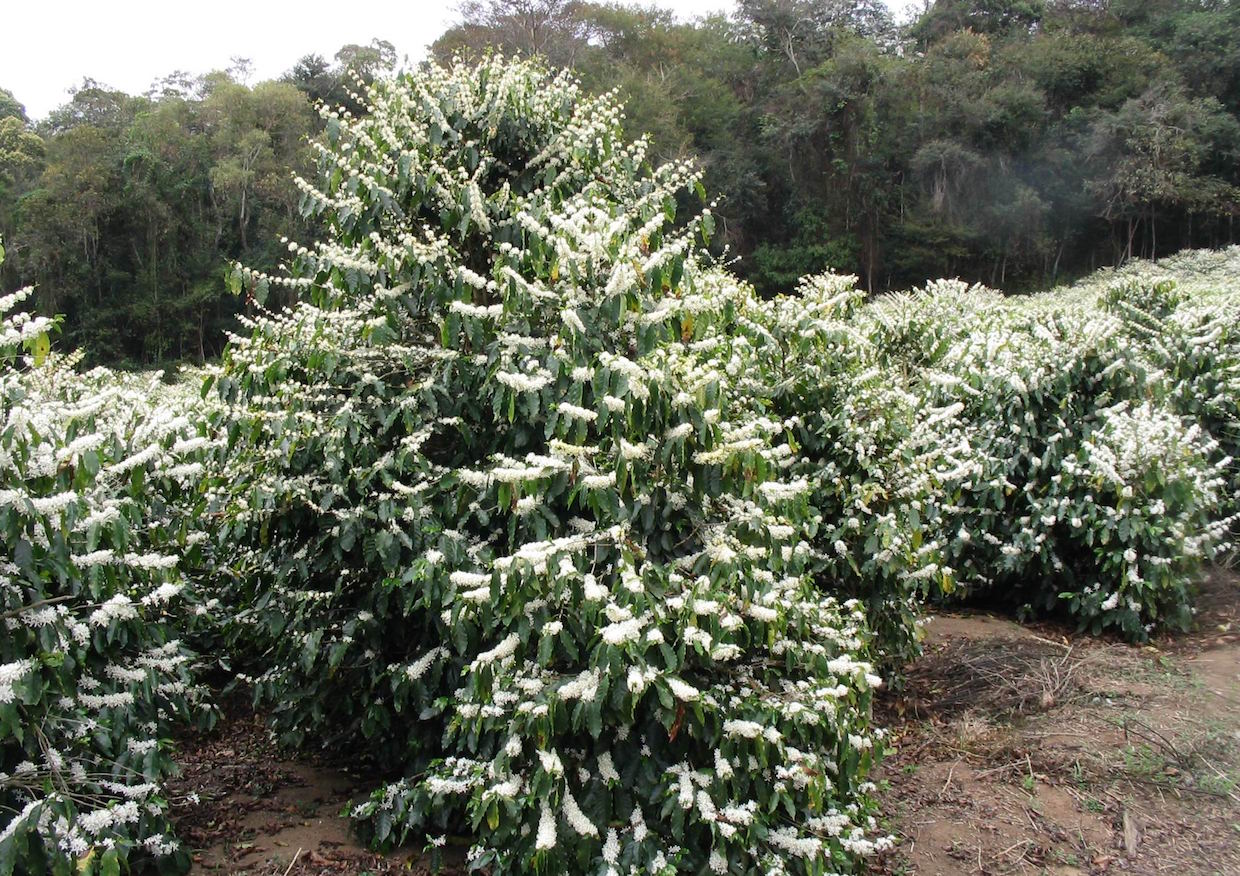
A coffee plantation in Minas Gerais, Brazil. Creative Commons Attribution-Share Alike 3.0 Unported license.
Finding stuff to put in those cans shouldn’t be too hard for the convenience store giant in the coming year or two, as Brazil is hitting a new all-time record high of coffee production, according to a US attaché report relayed by Reuters:
“Good weather conditions supported fruit setting and filling, especially in robusta growing regions. In addition, the majority of the arabica trees are in the on-year of the biennial production cycle,” the attaché reported. The Brazilian coffee yield for 2018-19 was projected at a record 29.2 bags per hectare, up from 25.2 bags per hectare in 2017-18.
Cascara brew, made from the remains of coffee fruit after coffee is processed, is another thing often made fizzy both inside and outside of cans. With major buyers such as Stumptown now taking an interest in cascara, which has traditionally been used as organic fertilizer on coffee farms or sent to the waste stream, the stuff is now sometimes fetching more in the marketplace than the coffee it once contained, according to Bloomberg Businessweek:
Thanks to demand from these chains, the coffee husk now often fetches a higher price than the bean itself does. [Aida] Batlle says she gets $7 for a pound of cascara, while the average price for coffee hovers around $1.20, the lowest in about two years, because of an oversupply of arabica beans.
The canned coffee business continues to be kind to Austin, Texas-based RTD beverage-maker High Brew Coffee, which is not only expanding into the sparkling coffee category this summer, but just closed its third funding round to the tune of $20 million, adding to the $21 million it accumulated from its first two rounds. The Austin Statesman had the story:
High Brew will put the new funding toward brand growth, marketing and retail and distributor partners, the company said.
The funding round comes from multiple investors, but was led by Austin-based Charles Street Partners, a firm that includes former University of Texas and major league pitcher Houston Street and Charles Attal, partner in C3 Presents.
While the people who actually grow the key ingredient here aren’t generally as well funded, growers in Rwanda might soon at least be able to use their harvests as collateral for bank loans as means to survive, if the East Africa Commodities Exchange (EAX) follows through with plans announced this week to add coffee to its ranks of traded commodities, according to KT Press:
Currently, the commodities exchange trades Soya, Maize and Sorghum on its platform that connects farmers and brokers, using a NASDAQ application.
The application facilitates it to monitor, communicate and trade with its partners at convenient prices which allow Rwandan farmers to sell at relatively higher prices.
Keurig Green Mountain (a.k.a. Keurig, a.k.a. Keurig Dr. Pepper) is investing $350 million in a new roasting and packaging facility in Spartanburg County, South Carolina, bringing as many as 500 new jobs to the area, according to a big company announcement this week. Here’s a bit more from the South Carolina Department of Commerce:
Located in the Tyger River Industrial Park in Moore, S.C., the company’s new production facility will primarily house coffee roasting and packaging for Keurig’s single-serve K-Cup® pods, along with the potential to support beverage distribution and warehousing in the future.
And to think, all this news about coffee, when just few short centuries ago, drinking the stuff was punishable by death. In an engaging little history lesson this week, Atlas Obscura recounted how the Ottoman Sultan Murad IV was rumored to have dealt with the beverage he feared could potentially stir up sedition under his rule:
By some accounts, Murad IV stalked the streets of Istanbul in disguise, whipping out a 100-pound broadsword to decapitate whomever he found engaged in this illicit activity.
Howard Bryman
Howard Bryman is the associate editor of Daily Coffee News by Roast Magazine. He is based in Portland, Oregon.



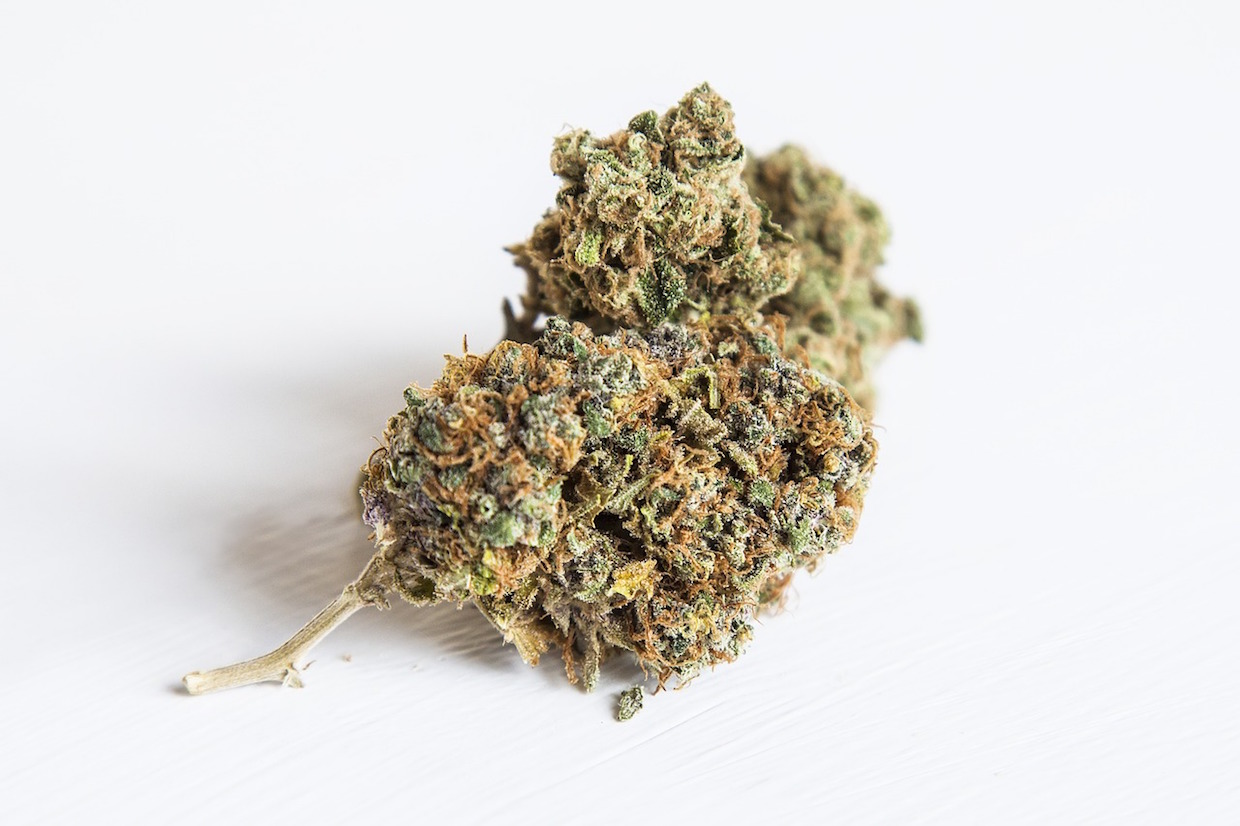
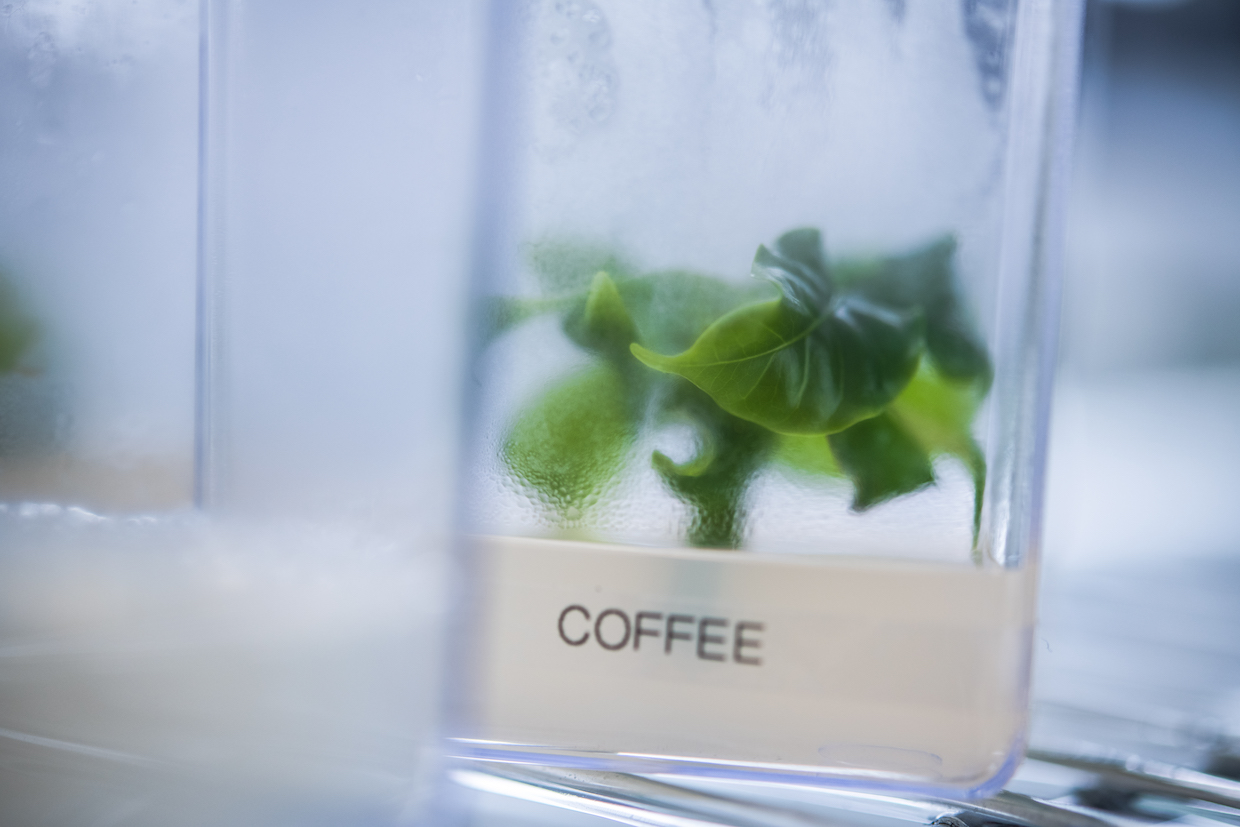
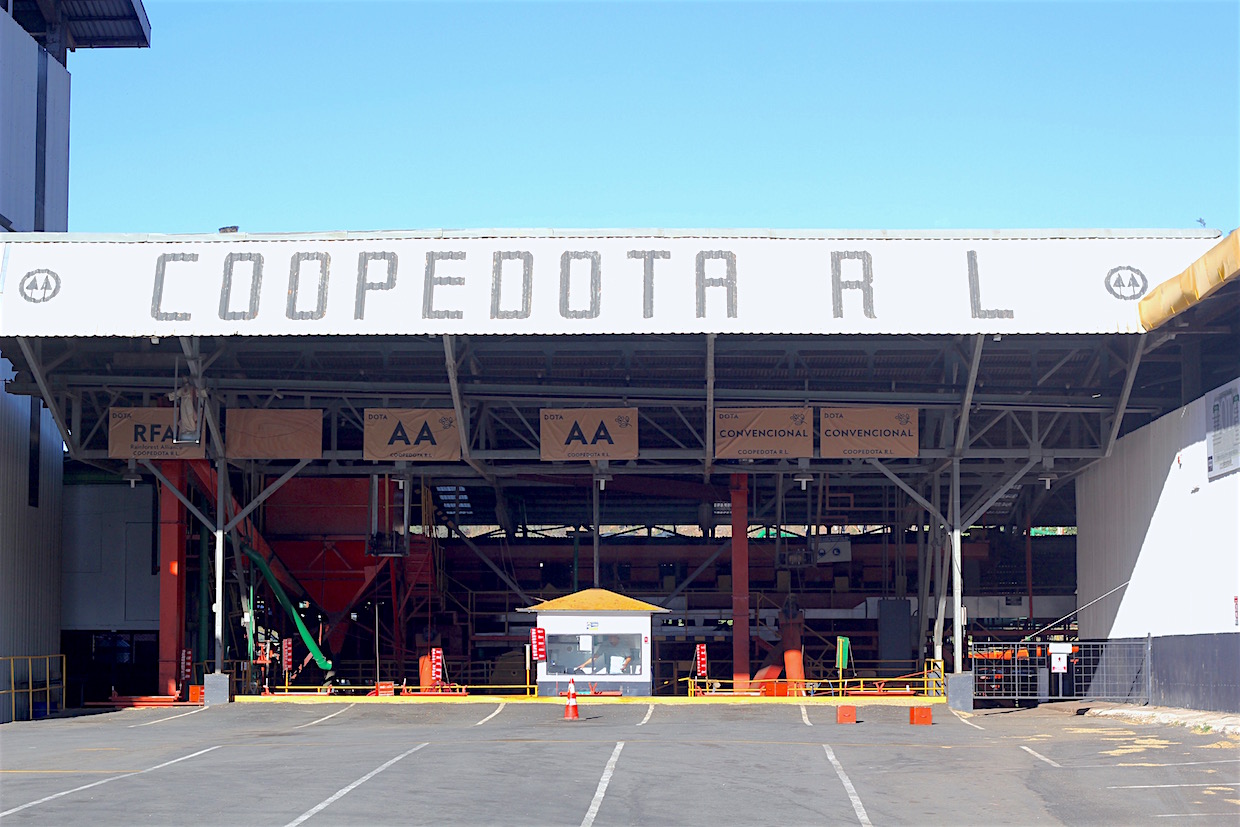
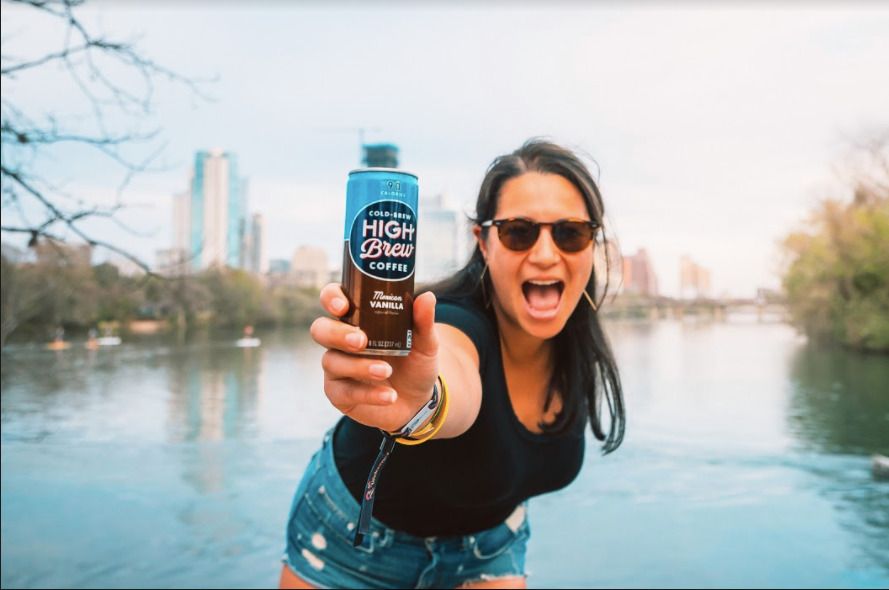




Comment